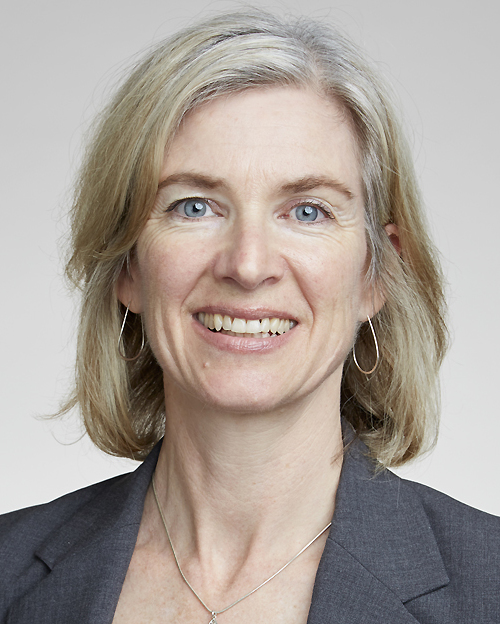The scientist who co-created CRISPR isn’t ruling out engineered babies someday
By Antonio Regalado,
MIT Technology Review
| 04. 26. 2022
The day I spoke to Jennifer Doudna was a tough day: the US Patent Office had just ruled against her university on CRISPR’s most important uses, handing the commercial rights to her rivals at the Broad Institute of MIT and Harvard.
Doudna is the co-discoverer of CRISPR editing, the revolutionary method for engineering genes that, 10 years after her original breakthrough, is now making its way into human trials. There’s an expanding list of applications in diagnostics and engineered plants; already researchers are exploring potential treatments to cure sickle cell disease, blindness, and liver disease. In 2020, she shared a Nobel Prize with fellow scientist Emmanuelle Charpentier. The two became the sixth and seventh women to win the award in chemistry.
Doudna heads the Innovative Genomics Institute at the University of California, Berkeley, and the work coming out of her laboratory continues to focus on the molecular details of how the CRISPR system works. Perhaps more than anyone, she has been able to relay to the public the formidable power of versatile gene editing as well as the possible...
Related Articles
Flag of South Africa; design by Frederick Brownell,
image by WikimediaCommons users.
Public domain, via Wikimedia Commons
What is the legal status of heritable human genome editing (HHGE)? In 2020, a comprehensive policy analysis by Baylis, Darnovsky, Hasson, and Krahn documented that more than 70 countries and an international treaty prohibit it, and that no country explicitly permits it. Policies in some countries were non-existent, ambiguous, or subject to possible amendment, but the general rule remained, even after one...
By Bernice Lottering, Gene Online | 11.08.2024
South Africa’s updated health-research ethics guidelines, which now include heritable human genome editing, have sparked concern among scientists. The revisions, made in May but only recently gaining attention, outline protocols for modifying genetic material in sperm, eggs, or embryos—changes that...
By Jim Thomas, Scan the Horizon | 11.19.2024
It’s the wee hours of 2nd November 2024 in Cali, Colombia. In a large UN negotiating hall Colombian Environment Minister Susana Muhamed has slammed down the gavel on a decision that should send a jolt through the AI policy world. ...
By Ned Pagliarulo, BioPharmaDive | 11.05.2024
A medicine built around a more precise form of CRISPR gene editing appeared to work as designed in its first clinical trial test, developer Beam Therapeutics said Tuesday. But the death of a trial participant could renew concerns about an older...




